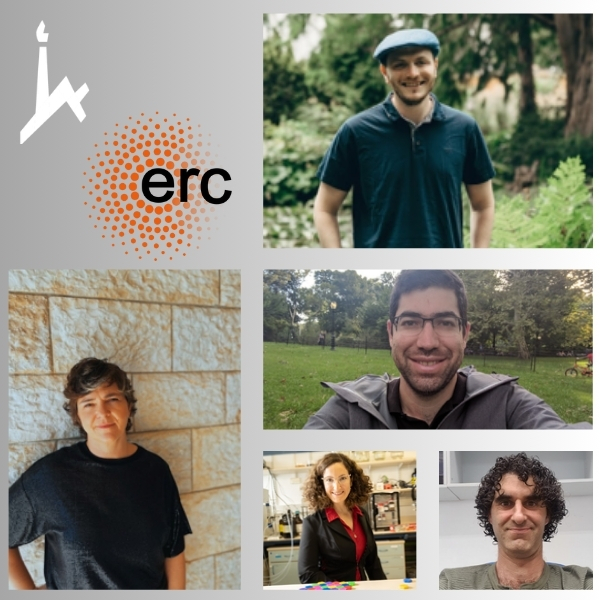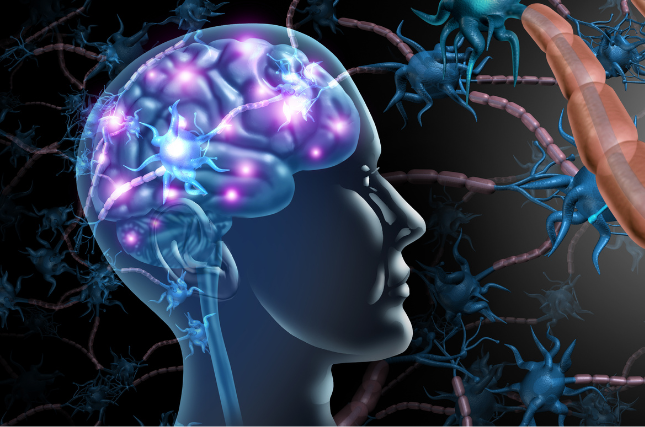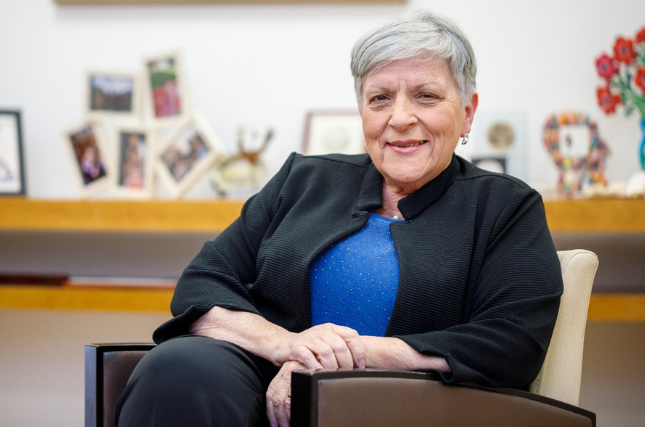
September 19, 2024 — The Hebrew University of Jerusalem proudly congratulates five of its esteemed researchers for receiving prestigious European Research Council (ERC) Starting Grants. These grants, each valued at approximately 1.5 million euros (approximately 1,665,000 USD), are awarded to young researchers at the early stages of their careers, specifically those with 2 to 7 years of research experience after completing their Ph.D. degrees.
“At Hebrew University, we are immensely proud of the outstanding achievements of these five exceptional researchers. Their work embodies the spirit of innovation and rigorous inquiry that defines our academic community. The prestigious ERC Starting Grants they have received are a testament to their dedication and the groundbreaking nature of their research. We look forward to witnessing the profound impact their studies will have on their respective fields and beyond,” said Prof. Tamir Sheafer, Rector of Hebrew University.
The recipients from Hebrew University are:
- Dr. Karma Ben Johanan, from the Department of Comparative Religion, for her research titled “Christosemitism: Christian Anti-antisemitism in Europe, 1945-2020.” This study explores the Christian rejection of antisemitism in post-World War II Europe, as it is expressed in theological, institutional, and liturgical changes. Dr. Ben Johanan’s work examines the Christian struggle against antisemitism against the backdrop of Western Christianity’s re-crystallization, in light of processes of secularization, decolonization, and the shift of Christianity’s center of gravity from the West to the Global South.
- Dr. Moran Frankel Pinter, from the Institute of Chemistry, for her research on the chemical origins of life, which seeks to bridge the gap between contemporary biochemistry and the chemical principles that led to life on Earth. Her ERC project focuses on characterizing how simple sugars, which were present on ancient Earth, combined to form functional catalytic polymers capable of self-assembly. Additionally, she investigates the role of these sugars in the emergence of complex catalytic chemical networks.
- Dr. Ilan Komargodski, from The Rachel and Selim Benin School of Engineering and Computer Science, for his research on fast and secure communication protocols. His work centers on the fundamentals of cryptography, with a focus on developing distributed communication protocols that ensure safety and privacy, protecting users from information leakage. His research in large-scale communication networks represents an area with potentially groundbreaking applications. Dr. Komargodski aims to deepen existing knowledge and uncover new approaches for secure computations involving vast numbers of participants and large volumes of information, a setting that is still relatively new and whose full applicability is not yet fully understood.
- Dr. Noam Lifshitz, from the Einstein Institute of Mathematics, for his research that analyzes Boolean functions. Although Boolean functions are combinatorial objects, their study in this field utilizes tools from Fourier analysis, with “hypercontractivity” being one of the main techniques. His proposal aims to apply this tool in the context of group theory and representation theory, which focus on the study of symmetries.
- Dr. Gideon Mamou, from the Faculty of Medicine, for his research on the structure of the bacterial envelope and its role in protecting against antibiotics. His work focuses on the multi-layered envelope that shields the bacterial cell, enabling it to withstand antibiotic treatments. While many components of this envelope have been identified, the understanding of their interrelationships remains limited. Dr. Mamou aims to deepen the understanding of how the cell coordinates the construction of all the envelope components and to uncover interactions within the envelope that contribute to its capability to protect against antibacterial substances.
Congratulations to these outstanding recipients!




